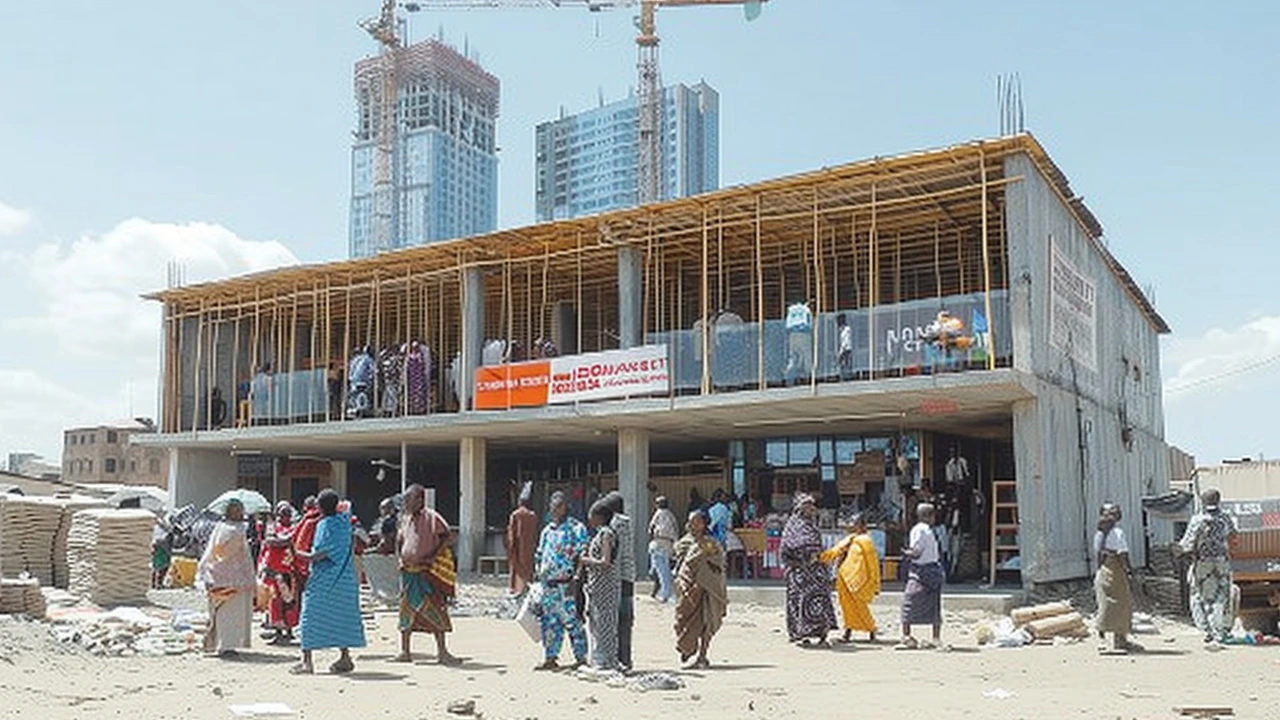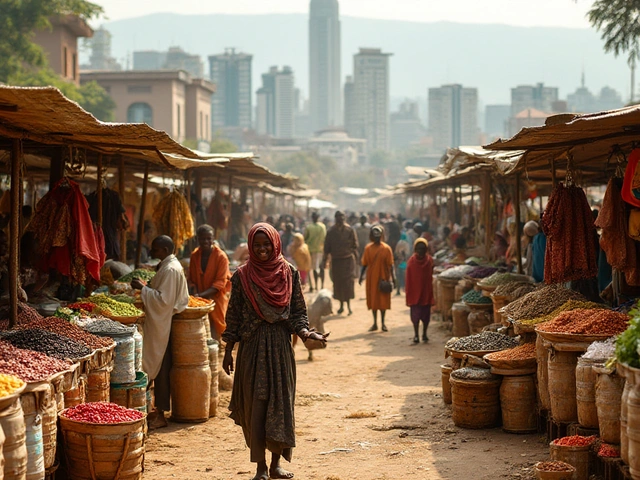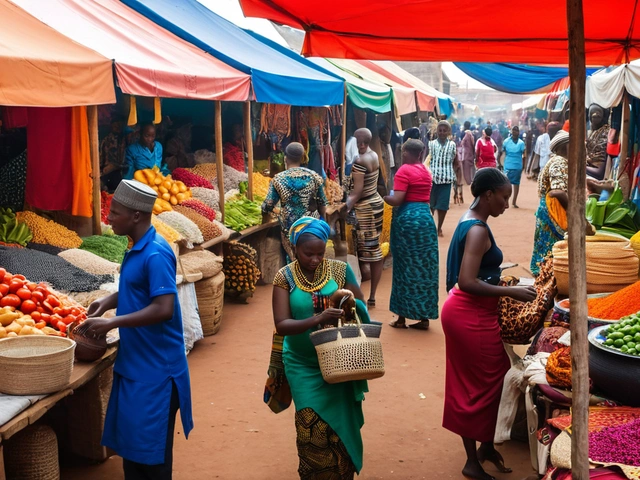GDP per Capita in Ethiopia: Real Stories Behind Income, Jobs, and Wealth
Want to know what GDP per capita in Ethiopia really means for your wallet or career? It's more than just a number experts toss around—it's about how much money people actually earn, what jobs pay, and the real buying power across the country.
Ethiopia's GDP per capita sits much lower than in many other nations, but there's lots more to the story. The country is bursting with ambition, and its economy is growing. Salaries range widely; government workers might get a steady income, but jobs in IT, construction, and agriculture can offer much more if you have the right skills. If you’re curious about the top-paying careers, Ethiopia’s job market is evolving. Tech roles and specialized professionals are becoming increasingly sought after, which means your earning potential isn’t stuck at the national average.
Cost of living plays a huge part in how GDP per capita affects real life. For example, house rent in Addis Ababa can eat up most of a worker’s paycheck, while living in other regions can be much cheaper. Daily expenses—from food to transport—vary a lot across cities and rural areas. The actual value of your salary depends on where and how you live.
Are you thinking about working as an expat or moving back home? For foreigners and local professionals alike, Ethiopia’s economy is opening new doors. US citizens can work in Ethiopia, but need to sort out permits and keep realistic expectations about local salaries. The exchange rate gives expats spending power, but daily essentials and rent might still come as a surprise.
If investment is your goal, Ethiopia’s GDP per capita tells a piece of the puzzle. Rapid growth in construction, manufacturing, and tech suggests opportunities. Sectors like agriculture and real estate are also attracting investors with big ambitions. But, you’ll want to understand local business culture and regulations before putting down serious cash.
Income gaps are real. There are successful business moguls and millionaires, but most of the population works in low-wage jobs. Many Ethiopians find creative ways to earn online—from freelancing to selling products. The entrepreneurial spirit is strong, even if it means hustling between multiple gigs.
The bottom line? Ethiopia’s GDP per capita signals low average incomes, but there’s movement. Salaries in tech, health, and specialized industries are climbing. Young people are turning to online work as local job markets change. Investors see potential even in a market with challenges.
If you’re looking to navigate Ethiopia's economy—whether for work, business, or investment—keep your eyes on real salaries, local costs, and the emerging industries. Opportunity exists, but it pays to know where to look and what numbers actually mean for daily life.





